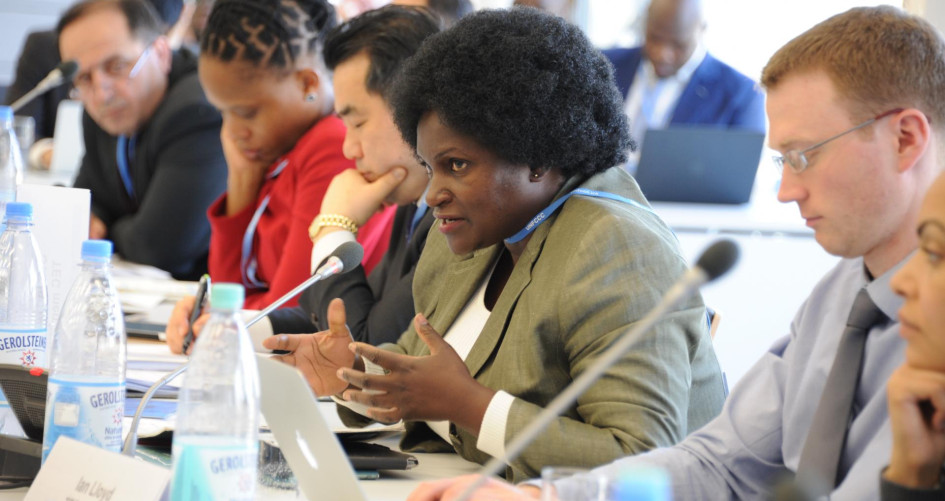Under the Paris Agreement (1/CP.21), Parties acknowledge that climate change is a common concern of humankind:
Parties should when taking action to address climate change, respect, promote and consider their respective obligations on human rights, the right to health, the rights of indigenous peoples, local communities, migrants, children, persons with disabilities and people in vulnerable situations and the right to development, as well as gender equality, empowerment of women and intergenerational equity".
In recognition of the need for women and men to be equally represented in all aspects of the Convention process and for climate action to respond to the differentiated needs, experiences, priorities and capacities of women and men, Parties have focused on two goals under the dedicated gender and climate change agenda item:
- Improving gender balance and increasing the participation of women in all UNFCCC processes, including in delegations and in bodies constituted under the Convention, the Kyoto Protocol and the Paris Agreement.
- Increasing awareness and support for the development and effective implementation of gender-responsive climate policy and action at the regional, national and local levels.
At COP 25 Parties agreed on a 5-year enhanced Lima work programme on gender and its gender action plan (Decision 3/CP.25), which was amended as a result of the intermediate review of the implementation of the gender action plan, at COP 27 (Decision 24/CP.27).
Find out more at the timeline of gender and climate negotiations below:

